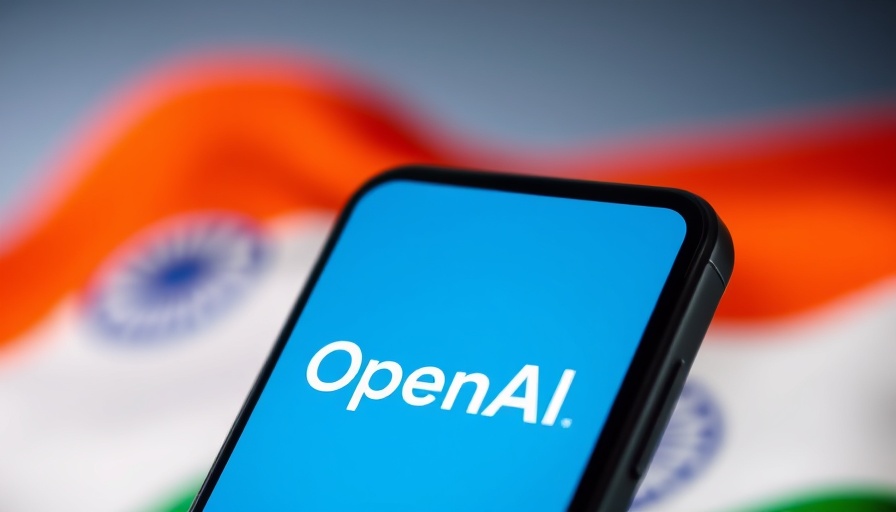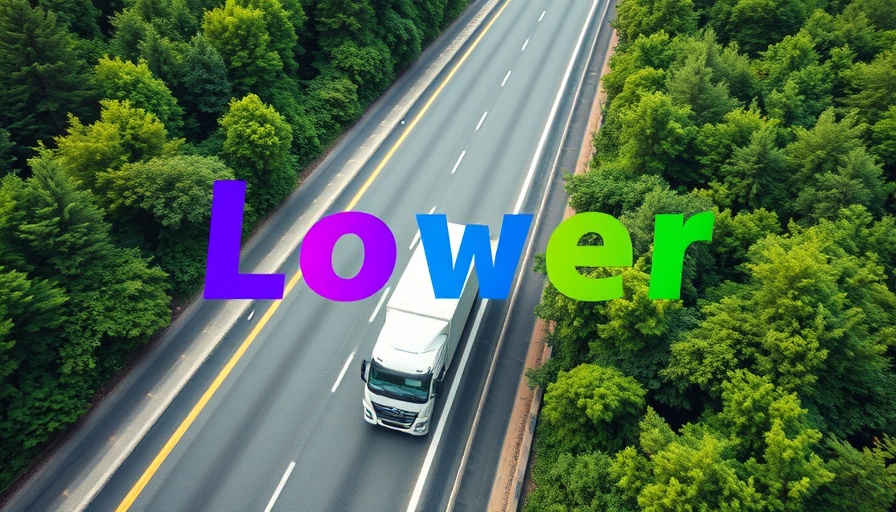
The Ambitious Proposal from Ecosia
Ecosia, a non-profit search engine headquartered in Berlin, has recently proposed to the U.S. government that it be granted ‘stewardship’ of the Google Chrome browser. This unusual approach aims to address the ongoing antitrust scrutiny facing Google, stemming from a 2024 ruling that found the tech giant to be a monopoly in internet search and advertising. Ecosia's CEO, Christian Kroll, emphasizes the potential benefits of their stewardship plan, aligning with their mission to invest in sustainability while also combating corporate monopolies.
Understanding the Monopoly Issues
The context of Ecosia’s proposal lies within the U.S. Department of Justice's ongoing efforts to dismantle Google’s monopolistic practices. A ruling by Judge Mehta indicates that the Department is pushing for Google to divest its Chrome assets. Multiple tech companies, including OpenAI and Perplexity, have expressed interest in purchasing Chrome, suggesting a competitive landscape fueled by the high revenue potential of the platform.
Why Ecosia's Offer Stands Out
Ecosia's offer has sparked a mix of intrigue and skepticism. Asking for control over a project that could be worth “in the hundreds of billions” seems counterintuitive, especially as it includes demands for approximately 60% of the revenue generated from Chrome's user base. Their proposal suggests that with this significant revenue, they would fund climate projects, which reflects their commitment to environmental sustainability and aligns with their operational ethos of funding tree-planting initiatives.
The Financial Implications
Understanding the financial landscape is essential for startup enthusiasts. Chrome's projected earning potential over the next decade could reach $1 trillion. Ecosia proposes that, instead of an auction for Chrome, it be gifted stewardship, allowing them to direct revenue towards pressing environmental issues. This could serve as a roadmap for prospective startups that prioritize sustainability and social responsibility.
Potential Benefits of Ecosia’s Stewardship
By putting significant revenue towards climate initiatives—like rainforest protection and investments in green technology—Ecosia could not only manage a valuable tech asset but also address climate change through sustainable practices. This dual approach could serve as a blueprint for other startups seeking to balance profitability with sustainability efforts.
What This Means for Startups
The ongoing discussions about Ecosia's proposal could present lessons for startups focused on innovation and sustainability. Understanding how to position a business proposal that resonates with modern values—like environmental consciousness—could attract investors and customers alike. As startups strategize their business startup plans, incorporating elements that speak to social responsibility might give them a competitive edge.
Conclusion: The Future of Business and Sustainability
As startups inoculate into contemporary market environments where ethical practices demand attention, Ecosia's potentially revolutionary offer highlights a critical intersection between technology and sustainability. Entrepreneurs can take a page from Ecosia’s playbook, translating their business startup ideas into profitable ventures that have a positive societal impact. The bid for stewardship of Chrome is not simply about acquiring a browser; it is about paving the way for future innovation that prioritizes sustainability.
 Add Row
Add Row  Add
Add 



Write A Comment